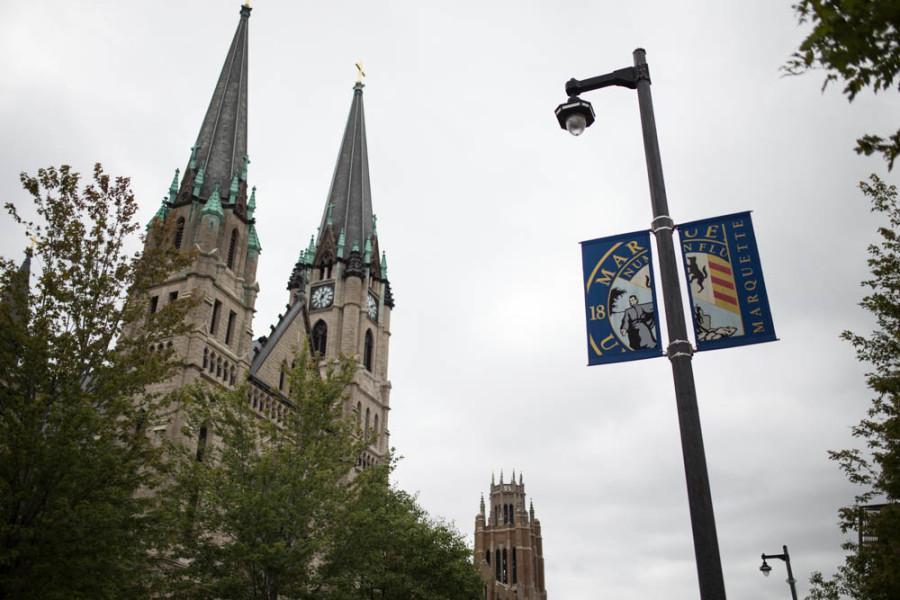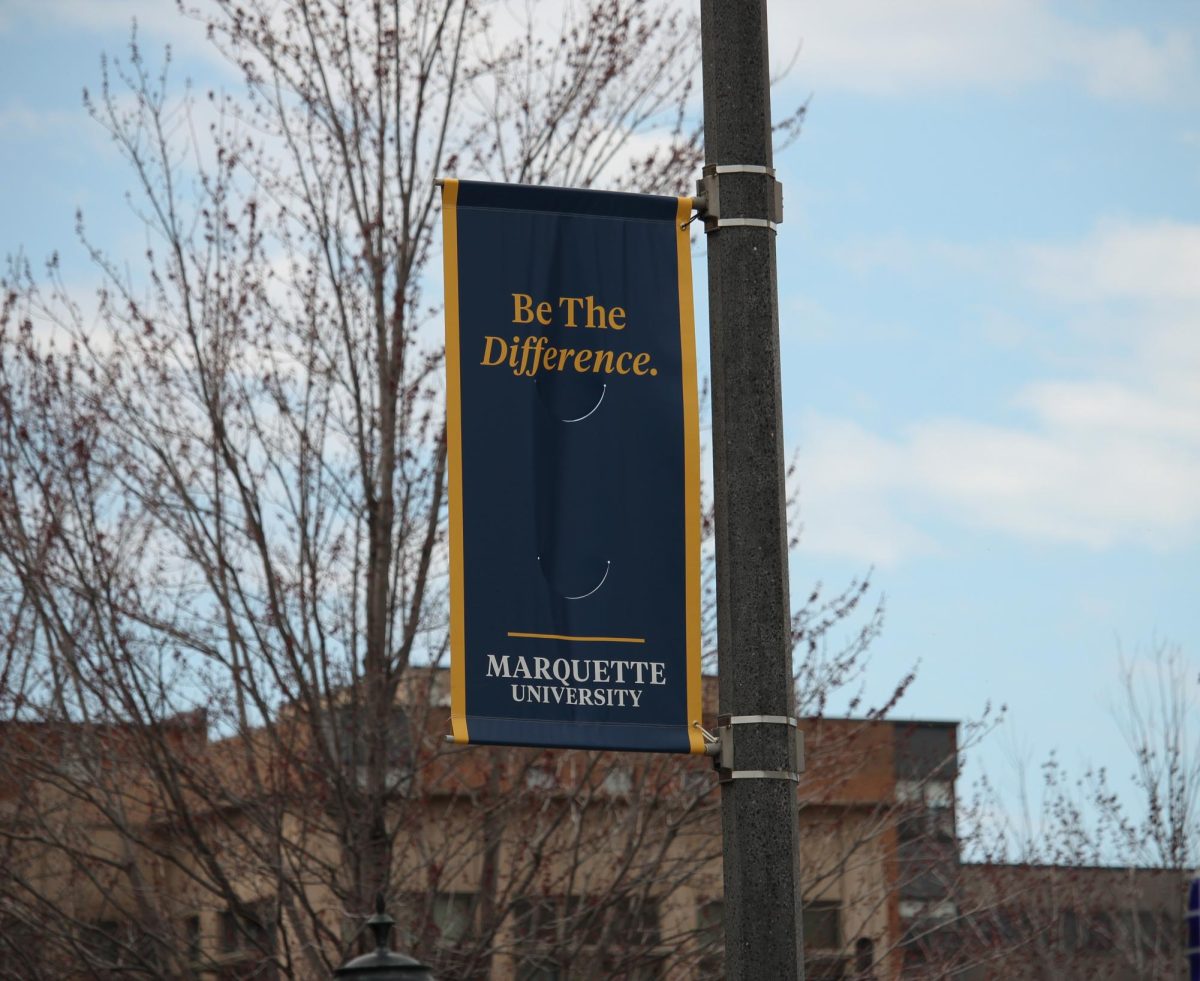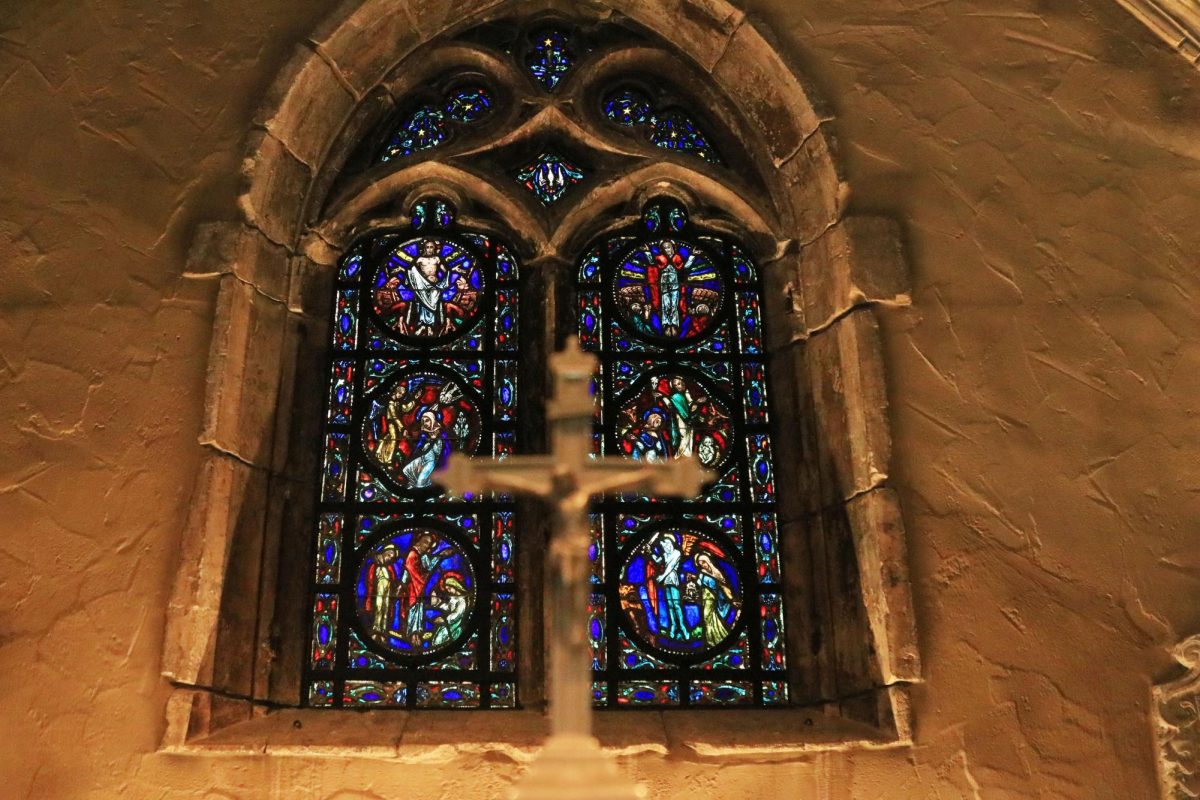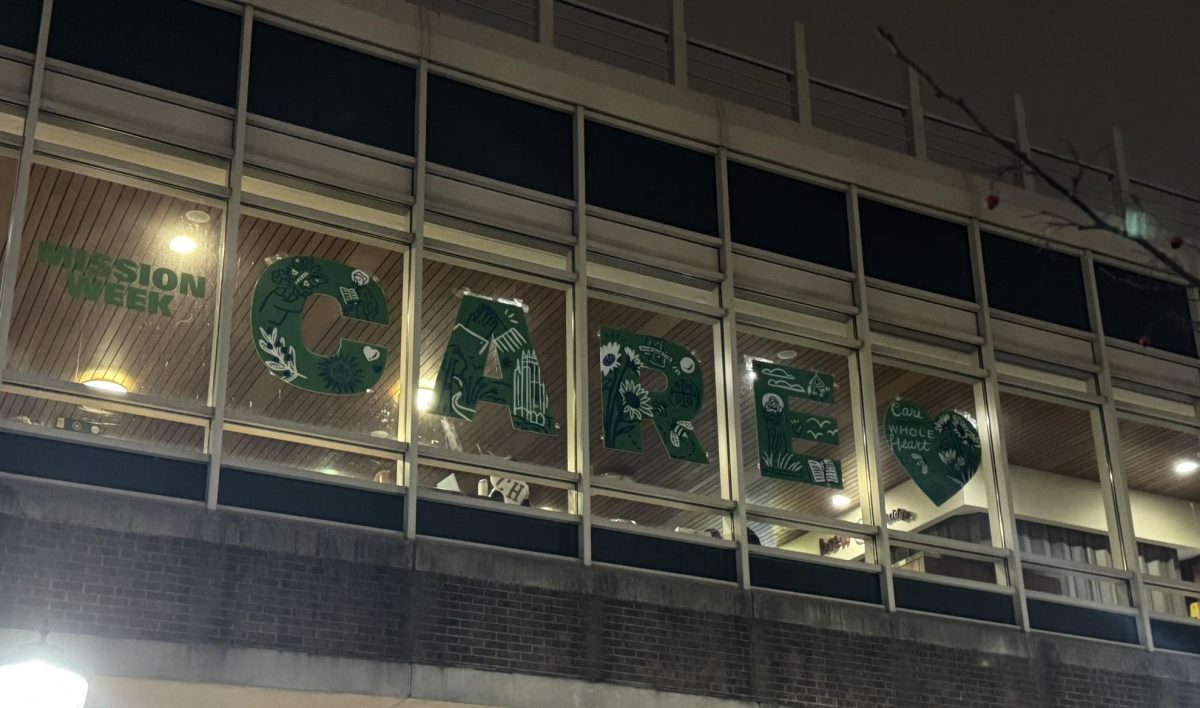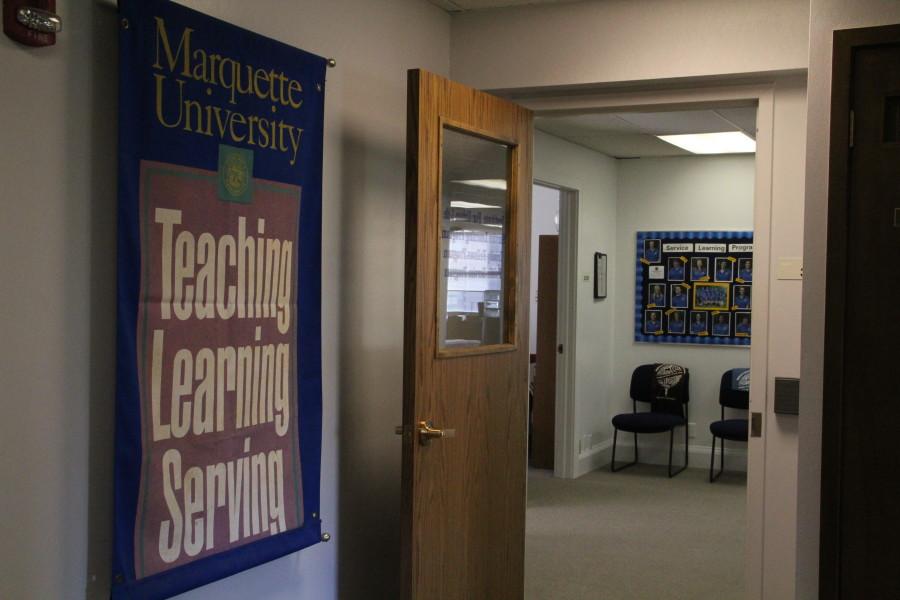Service. It’s one of Marquette’s four pillars. The university’s mission is “to develop men and women who will dedicate their lives to the service of others, actively entering into the struggle for a more just society.”
Needless to say, engagement within the community is a major part of Marquette’s culture. But what happens when that engagement is thrown a curveball in the shape of a global pandemic?
When the COVID-19 outbreak forced Marquette to transition to an online format, student and campus-run volunteer programs had to reassess how to continue their community support.
“Once we moved to online school, I had to give up all my service,” David Chrisbaum, a sophomore in the College of Health Sciences, says. Chrisbaum is also a Burke Scholar.
The Burke Scholarship Program is a four-year undergraduate scholarship given to first-year students that “have a passion for social justice and a commitment to others”, according to the program’s website. The program has its students committed to 300 hours of service per year.
Before the pandemic, Chrisbaum worked with local area daycare centers with groups of about 15 kids. It was determined unsafe to continue after cases in Milwaukee began to rise after Marquette switched to an online format. As a result, the Burke Scholar administration has been at work compiling a list of places that would be safe to volunteer at.
Marquette’s Women & Youth Supporting Each Other was one student-run Marquette volunteer group affected by the coronavirus pandemic.
WYSE is a mentorship-based program that reaches out to young women in the urban Milwaukee Community. They teach subjects to middle school-age children that may not be covered in a typical classroom setting, like female empowerment, healthy relationships and sex education. WYSE has been working with The Barack Obama School of Career and Technical Education, a middle school North of Milwaukee, as of this last year.
Erin Cook, a senior in the College of Arts & Sciences and WYSE’s executive director says there were plans to expand to other middle schools. But unfortunately, the outreach was cut short when Marquette students were sent home for the remainder of the 2020 spring semester.
“WYSE only operates during the school year, so luckily we didn’t lose much,” Cook says.
However, since WYSE depends on in-person relationships with the individuals they reach out to, there was no chance to say goodbye to the students they had been with for almost a full school year.
When Milwaukee Public Schools announced that their fall semester would be fully virtual, WYSE had a plan to ensure that they could still reach out to the Barack Obama School of Career and Technical Education by moving their meetings to an online format.
“This will be a challenge, but I know my WYSE girls are up for it,” Cook says.
This new online format will not only just include Zoom meetings, but will also include an online blog that mentees can access to ask anonymous questions about topics discussed that week, which is an essential part of the WYSE program.
Cook says the group has high aspirations for this semester. Inspired by recent anti-racist movements across the country, WYSE intends to add a sense of black empowerment to their lessons.
“We want our mentees to feel empowered not only as women but as Black women,” Cook says.
Marquette’s service learning classes are feeling the impacts of the pandemic as well. The service learning program offers classes that work with over 100 programs in the greater Milwaukee area including local schools, hospitals, criminal justice and re-entry programs and adult literacy programs.
Through the program, students have the opportunity to fill roles as tutors, serve food at shelters or provide translation assistance to individuals who speak Spanish.
However, when the university decided to transition to an online format, students had to be pulled from these roles because of health and safety concerns between them and the community. Some online-based volunteer opportunities remained the same, such as work on social media campaigns.
For the upcoming semester, the service learning program has been working on moving to a more virtual setting and having project-based opportunities that could be done remotely.
“We plan to have some new opportunities in virtual tutoring, friendly phone calls with isolated seniors, and we will continue to work with our partners who have been able to move aspects of their programs online,” Kim Bohart, director of the service learning program, says.
During a time where face-to-face volunteering may not be possible, Bohat also encourages other students to educate themselves about social justice, racism, the city of Milwaukee, their social identity and unjust policies.
“Face to face, place-based engagement is more difficult when you can’t always be there in person, but now is the time to creatively work together to address the gritty realities,” Bohat says. “As a Jesuit institution it is central to our mission, our pedagogy, and our identity that we share our resources, our gifts, and our time through service and community engagement.”
This story was written by Benjamin Wells. He can be reached at benjamin.wells@marquette.edu.



